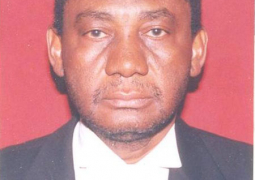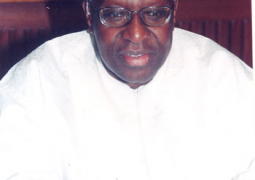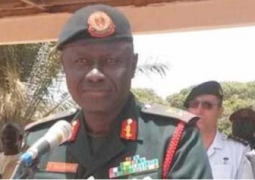Children from all over Africa are celebrating yet another Day of the African Child (DAC).
The theme for this year’s event is ‘Eliminating Harmful Social and Cultural Practices Affecting Children: Our Collective Responsibility’.
It would be recalled that on 16 June in 1976, thousands of black school children took to the streets of Soweto, South Africa.
In a march more than half a mile long, they protested the inferior quality of their education and demanded their right to be taught in their own language.
Hundreds of young boys and girls were shot down by security forces. In the two weeks of protest that followed, more than a hundred people were killed and more than a thousand were injured.
To honour the memory of those killed and the courage of all those who marched, the Day of the African Child has been celebrated on 16 June every year since 1991, when it was first initiated by the Organization of African Unity (now the African Union).
This year’s commemoration seeks to highlight the negative consequences of harmful practices (such as female genital mutilation) on the various rights of children.
It also aims to urge for the review of existing legislative and policy frameworks and practices at the national level to combat and eliminate harmful practices against children.
Activists and campaigners should use the moment to undertake advocacy with African governments and other role players for greater mobilization for the realization of the rights of children against harmful practices; and considering effective strategies for the prevention of harmful practices against children.
The main purpose of the event is to celebrate the Day of the African Child and draw attention to the need of eliminating harmful social and cultural practices affecting children.
While the country joins the rest of the continent to mark the day, we do hope that the DAC 2013 will also help to create awareness on the importance of involving children in their own issues and promote togetherness among children from different African countries.
We call on the government, teachers, parents, the NGO community and other stakeholders to do more in protecting our children from social and cultural practices affecting them negatively.




